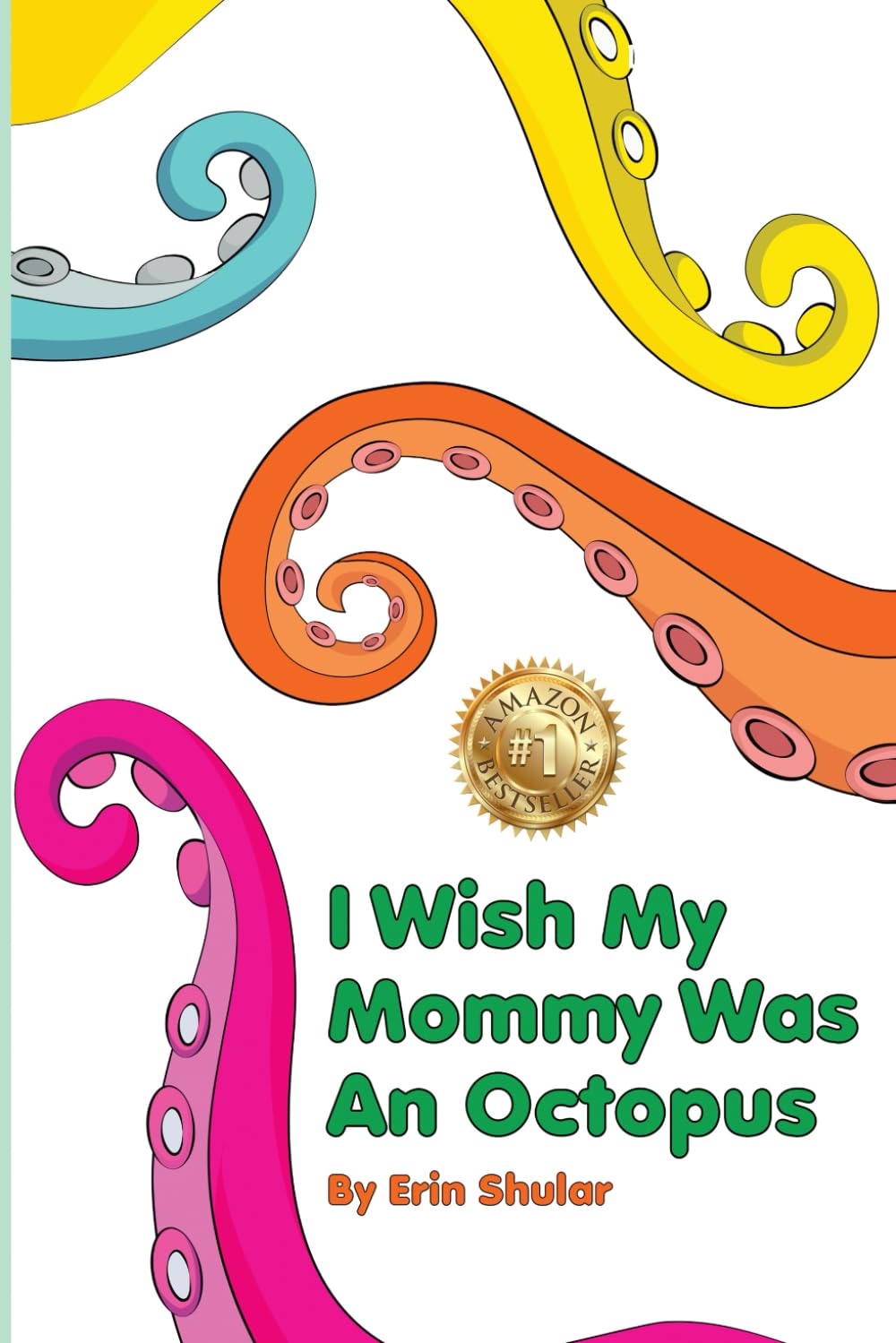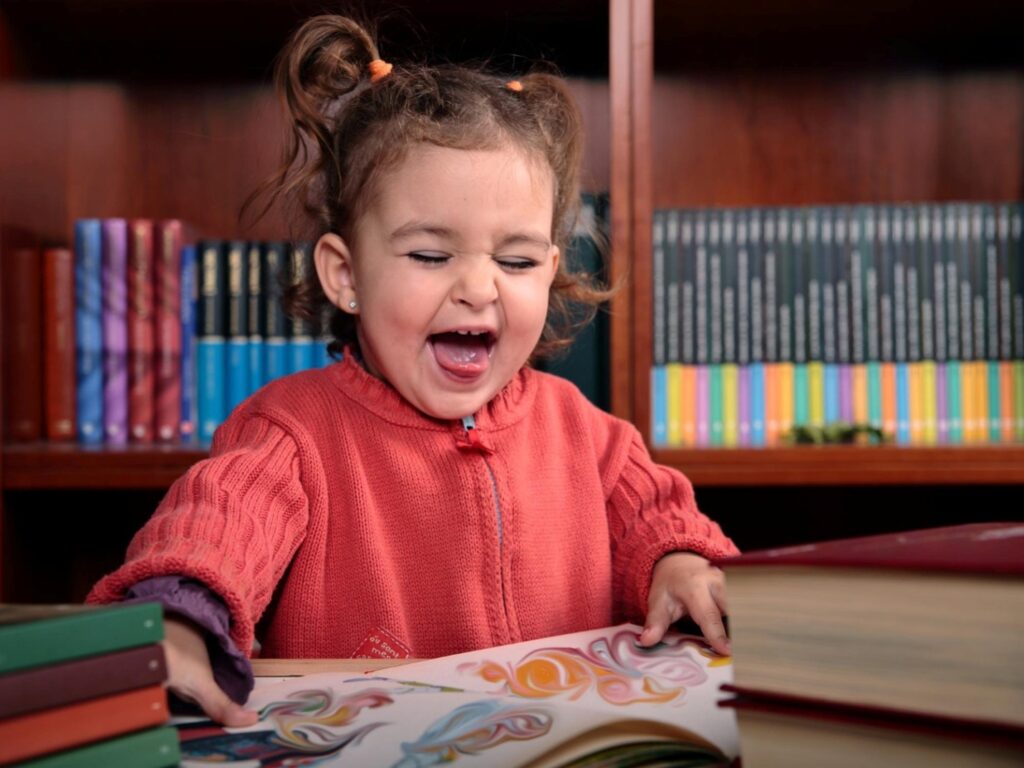Why Humor in Children’s Books Makes Learning Stick
If you’ve ever seen your child laugh out loud while reading a story about a dancing giraffe or a clumsy dragon, you’ve witnessed something powerful: humor at work in learning. Beyond the giggles, humor in children’s books serves a deeper purpose. It helps kids connect to ideas, remember lessons, and grow in ways that feel natural and fun.
Let’s explore why humor in children’s books makes learning stick, and why it’s worth embracing those silly moments.
Humor Grabs Attention
Children are naturally drawn to what’s funny. A playful plot twist, a goofy character, or a silly rhyme sparks curiosity and keeps kids hooked. When humor is present, children want to turn the page, which means they’re paying closer attention to the story. The more engaged they are, the more likely they are to remember what they’ve read.
Laughter Creates Connection
Shared laughter is one of the strongest bonds between parent and child. Reading a humorous story together transforms bedtime into an experience filled with joy and warmth. Teachers notice the same in classrooms, funny stories break down barriers, encourage participation, and bring kids together. Humor turns storytime into a shared memory that reinforces both learning and connection.
Humor Simplifies Big Ideas
Life lessons can feel heavy for children. But when those ideas are wrapped in silliness, they become easier to grasp. A bear who learns to share his honey, or a penguin who learns patience while waiting for ice cream, delivers the message in a way that feels safe and fun. Humor creates distance from the problem, making it less overwhelming while still teaching the core value.
Humor Boosts Memory
When we laugh, our brains release feel-good chemicals that help lock in experiences. That’s why children often remember the funny parts of a story, and the lesson tied to it. A silly joke or rhyme becomes a mental anchor that brings the whole story back to mind, long after the book is closed. Humor isn’t just entertaining; it’s scientifically proven to make learning stick.

Final Thoughts
Humor in children’s books is more than just a reason to laugh, it’s a way to help kids learn, grow, and remember what matters most. Through silly stories, children discover resilience, kindness, and the joy of family. The giggles may fade, but the lessons remain.
In I Wish My Mommy Was an Octopus by Erin Shular, humor takes center stage. The idea of a mom with eight arms makes kids laugh, but the deeper message shines through: no matter how busy life gets, love is always present. It’s a perfect example of how humor in children’s books entertains while teaching valuable lessons about love, family, and connection.
Order your copy today and share laughter that sticks with life’s most important lessons.

